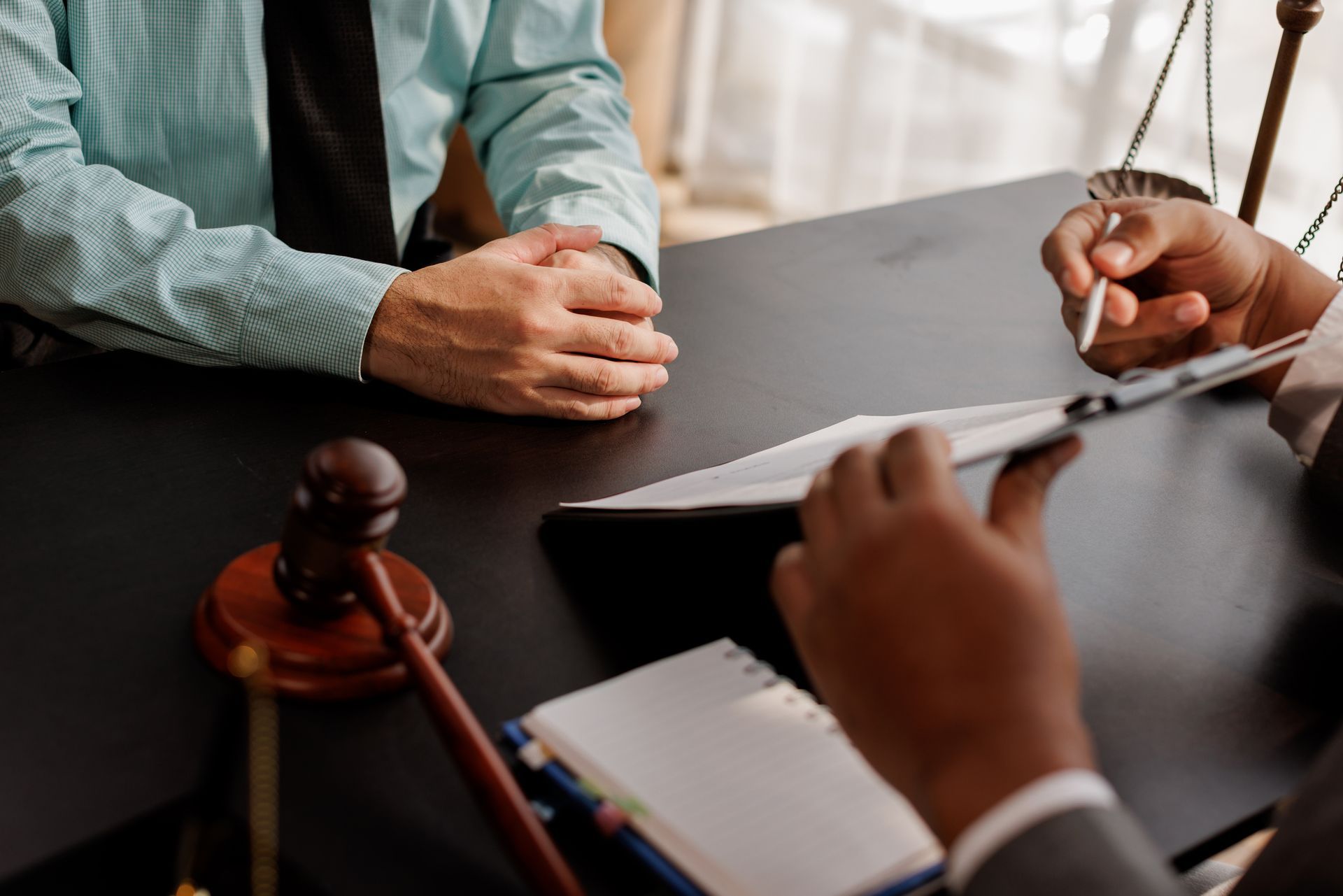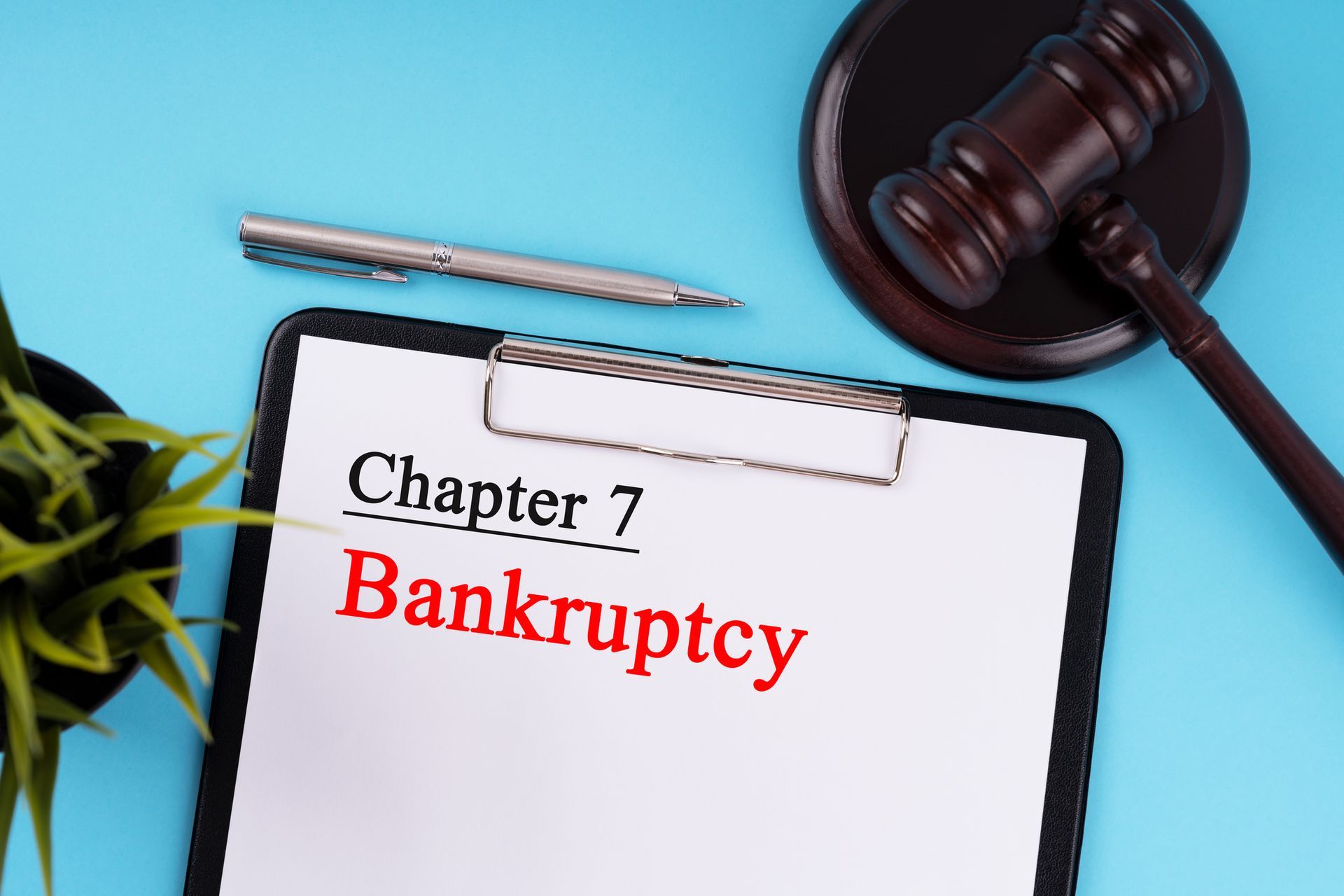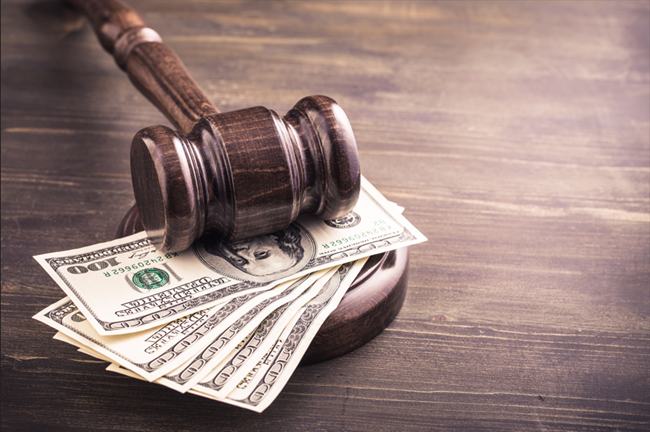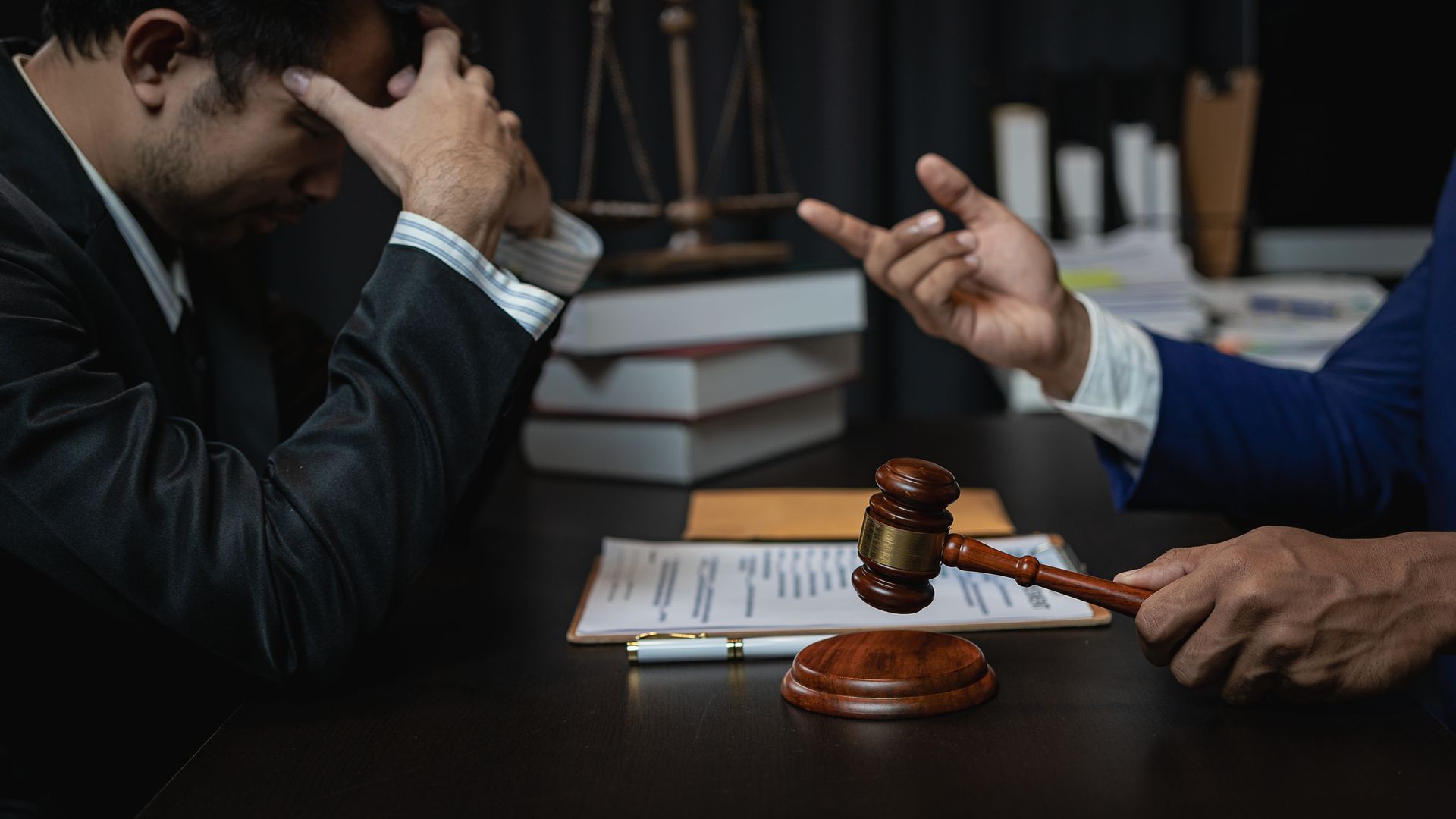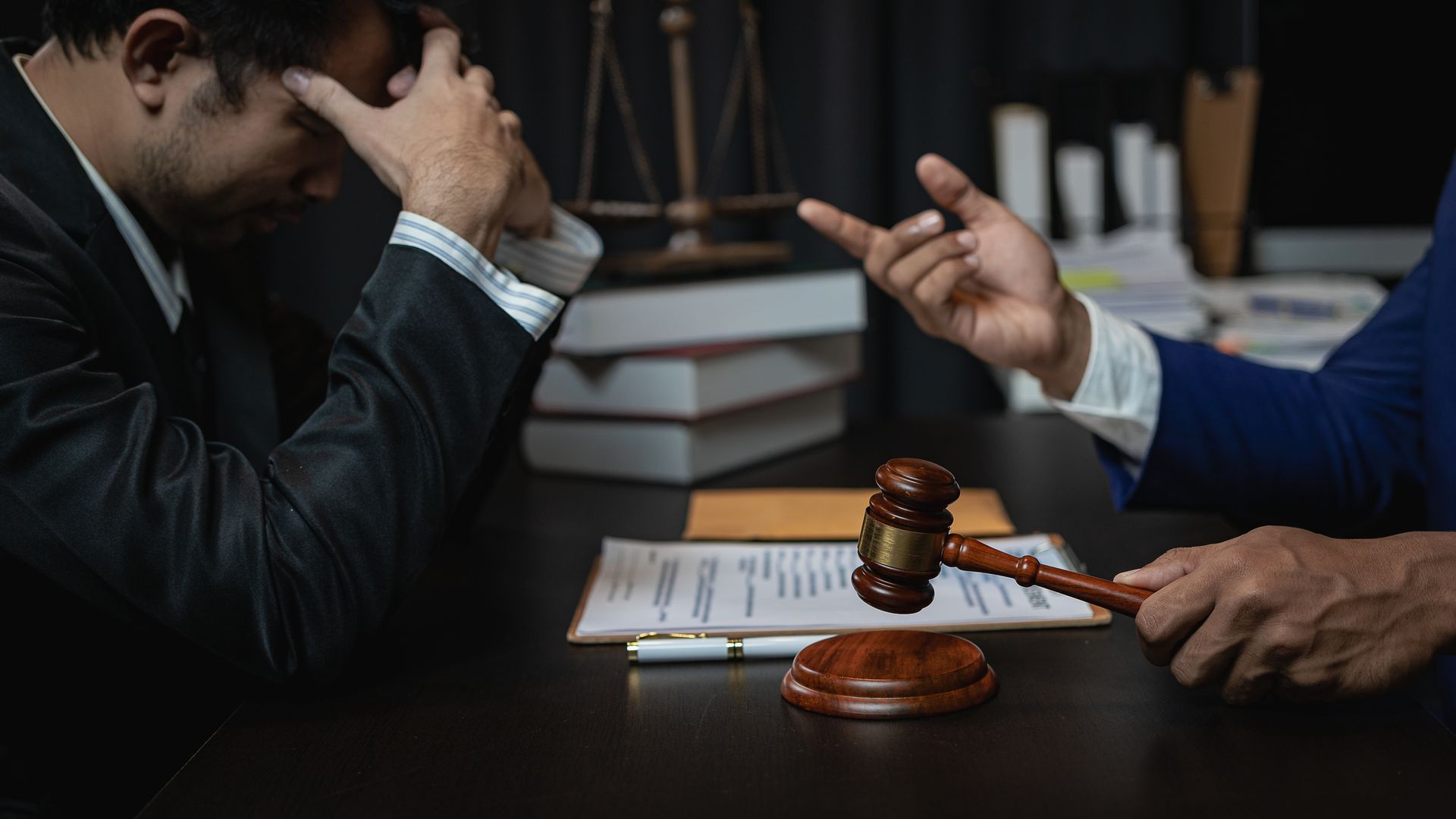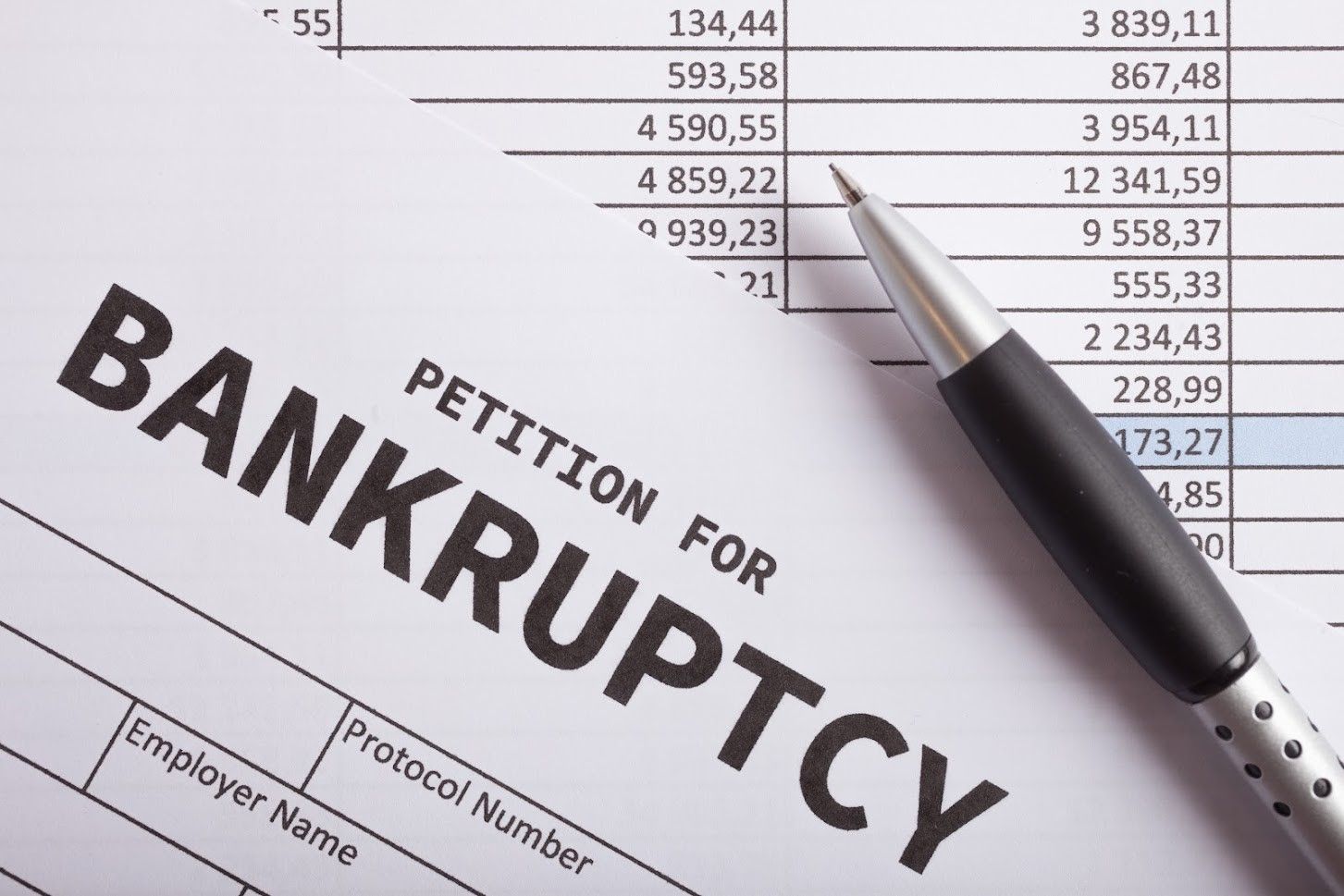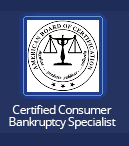Thinking About Bankruptcy? Avoid Intentional or Accidental Bankruptcy Fraud
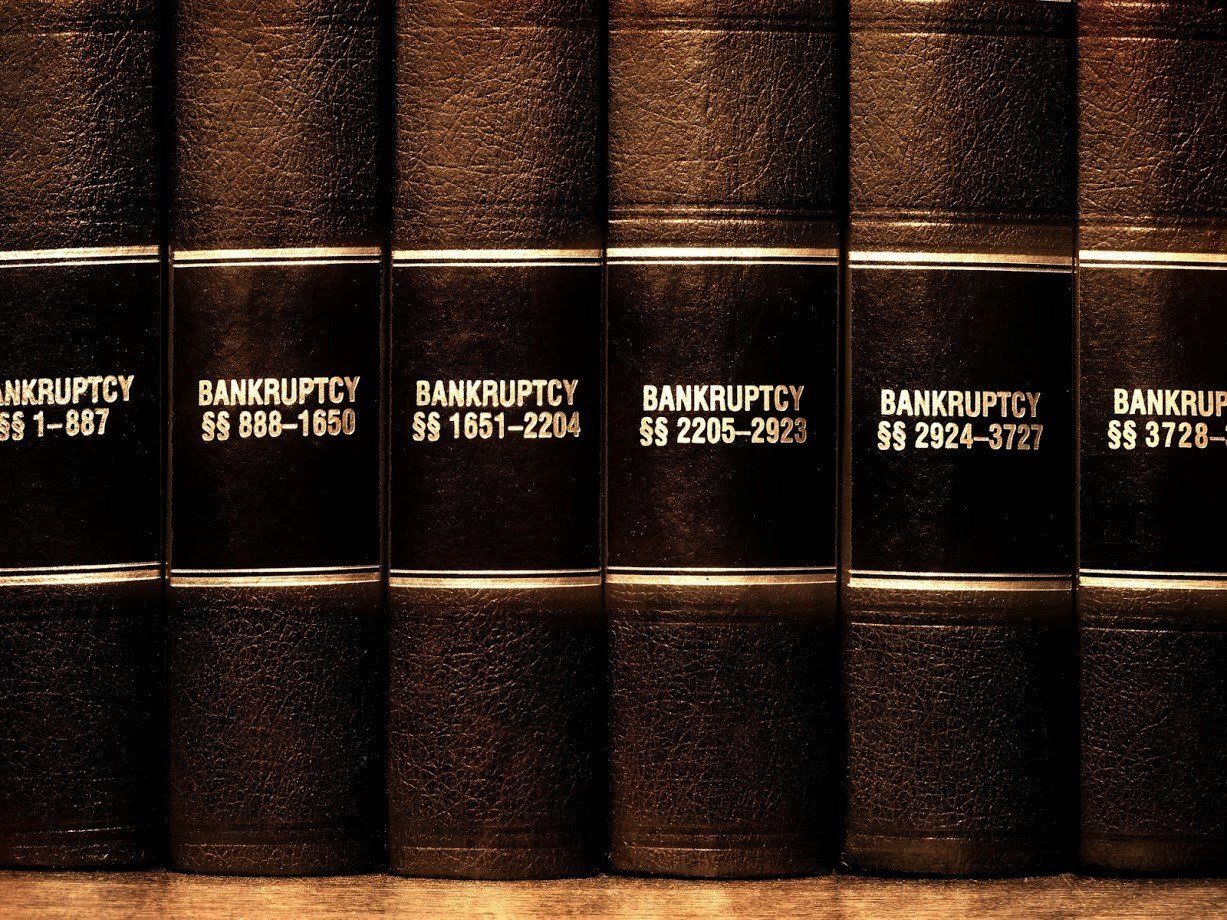
Bankruptcy protection is a valuable legal tool that can help you restart your life and find financial stability. But to receive this protection, you must also be prepared to abide by its rules. These rules prohibit any type of fraud, of course.
But how can you be sure you don't accidentally fall afoul of fraud while preparing for your own case? Here are a few things to avoid both while you're contemplating bankruptcy and as you prepare to file.
What Not to Do Before Committing to Bankruptcy
If you are seriously considering bankruptcy due to an overwhelming debt situation, you should begin thinking ahead. The court will expect that you have acted in good faith to be fair to debtors and the law within your circumstances leading up to bankruptcy. Actions that appear to have been made with the intention of skirting the rules or taking advantage of bankruptcy protection could lead to legal trouble.
What is considered a failure to act in good faith? This could include gifting property — commonly things like cars, vacation property, boats or outdoor toys, and even bank accounts — to loved ones or friends so that the court cannot force you to use it to satisfy debts. Remember that the court will look backward at your finances and may question any transaction in the months or years leading up to the filing date.
In addition, taking on credit without the intention to pay it off is failure to act in good faith. If you run up new debt during the time leading to bankruptcy without any corresponding reason, the court could consider it presumptive fraud. This is exacerbated by attempts to use false information to open accounts, transfer debts, or manipulate business or salary information. Keep your credit use in harmony with your needs.
What Not to Do While Working on Your Case
Once you start preparing paperwork for the bankruptcy court, avoid any temptation to falsify documents pertaining to your finances, assets, or debts. One common way that bankruptcy fraud happens is when the person fails to list an asset that could be used to satisfy debts. Sometimes this happens by accident, but even an error could affect the appearance of your petition before the judge.
Do not destroy any records of your assets, transactions, or expenses — even if you feel that they might hinder your case or that it would be unfair. Most asset transactions are more easily verified through outside research than you might think. Similarly, attempting to lock out any creditors through false or misleading statements will also harm your case, as the court and creditors will be thorough.
Go over all bankruptcy documents with your attorney to ensure that you have answered all questions as honestly as possible. Try not to leave questions unanswered, since this will heighten suspicion. There may be extenuating circumstances for some unusual transactions — such as inheriting money that was then dispersed in accord with the deceased person's wishes — so prepare explanations in advance.
Where to Get Help With a Future Case
Your actions while preparing to request bankruptcy relief have a bearing on whether you get that relief. Keeping this in mind will put you in a better place to get the maximum legal assistance you deserve. An attorney will be a great ally even if you haven't fully decided on bankruptcy yet. They can help guide you on how to continue acting in good faith and preparing a compelling case for bankruptcy.
Attorney Charles J Schneider PC can help you assess any financial or personal move to determine its effect on your case. Call today to make an appointment and evaluate your pre-bankruptcy situation.

